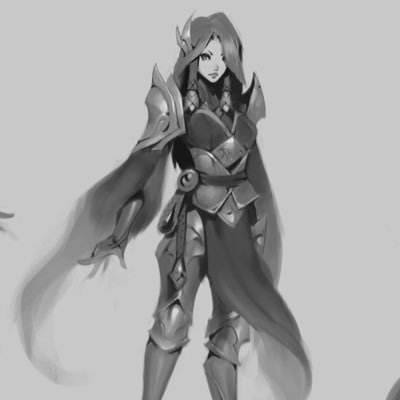It may not have been enchanted, but it was certainly not disenchanted. And not just gods either. The individual subject was so embedded in the web of social obligations that meaning-making was almost entirely macro-social. Think of suicide in high medieval Europe or Japan, which was almost always about dishonor, and almost never existential. Suicide sensu Durkheim—‘egoistic suicide’—is a quintessentially modern phenomenon, virtually impossible to conceive in the non-disenchanted premodern world.
It may not have been enchanted, but it was certainly not disenchanted. And not just gods either. The individual subject was so embedded in the web of social obligations that meaning-making was almost entirely macro-social. Think of suicide in high medieval Europe or Japan, which was almost always about dishonor, and almost never existential. Suicide sensu Durkheim—‘egoistic suicide’—is a quintessentially modern phenomenon, virtually impossible to conceive in the non-disenchanted premodern world.
The pre-modern world spans 5000 years of written history and many different cultures. Generalizations cannot be made. For example, Cleopatra and Mark Antony's suicide after their failed bid for hegemonic power in the ancient (Mediterranean) world is very much like Hitler's suicide from his quite analogous bid.
@policytensor So the premodern world was sort of communist. Who would have thought 😅
@policytensor Not sure what conception Ahmari’s trying to debunk. But modernity is defined by Weberian instrumentalisation: Life optimised for efficiency: bureaucracy, science, capitalism. From enchanted rituals to predictable systems. But it traps us in an “iron cage” of alienation.
@policytensor The enclosure of the commons and all that. The immortal capital needs its labor unhindered.
@policytensor La transición del suicidio por honor al egoísta refleja cambios profundos en la estructura social. ¿Crees que esto evidencia una pérdida de cohesión en la modernidad?






